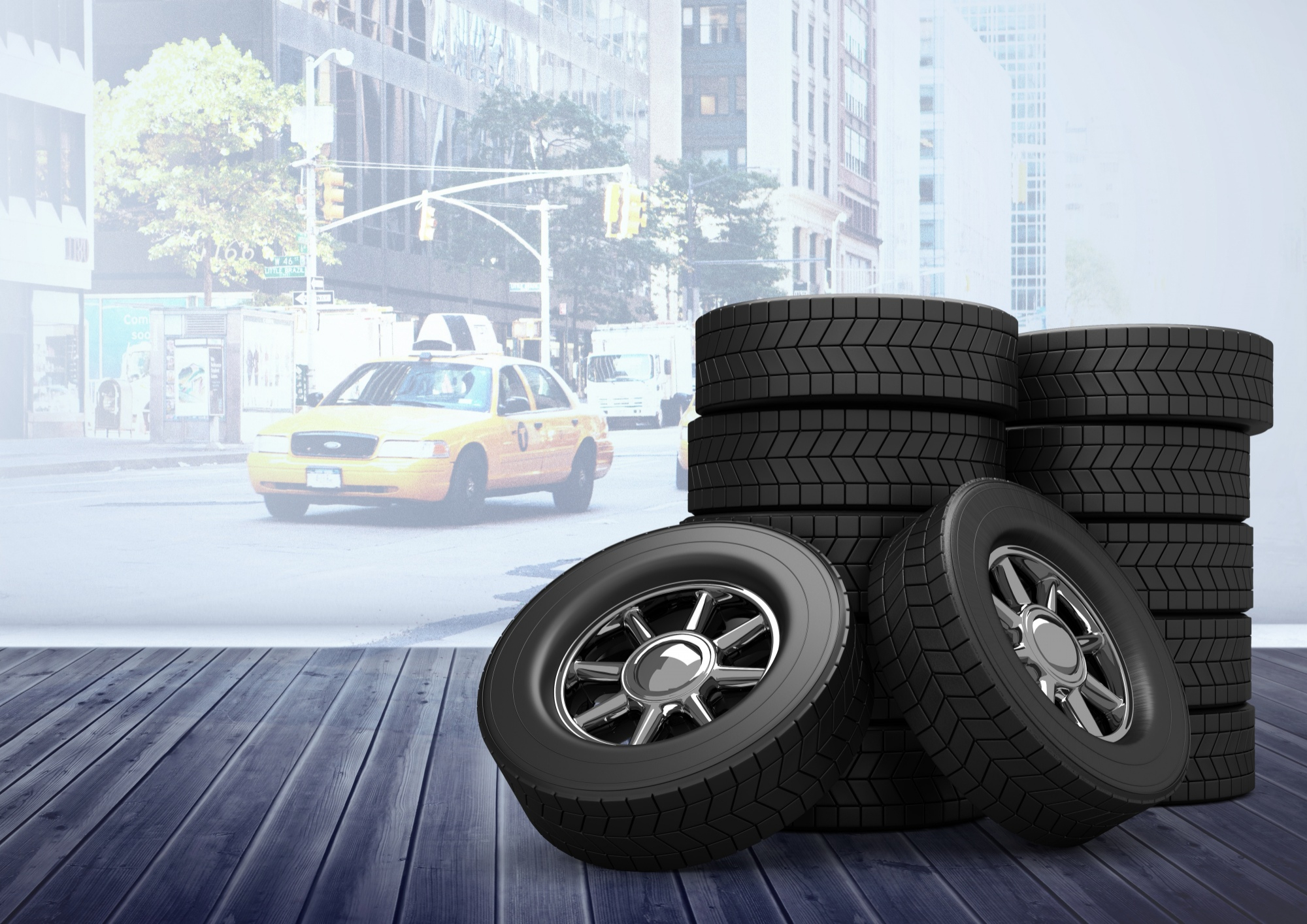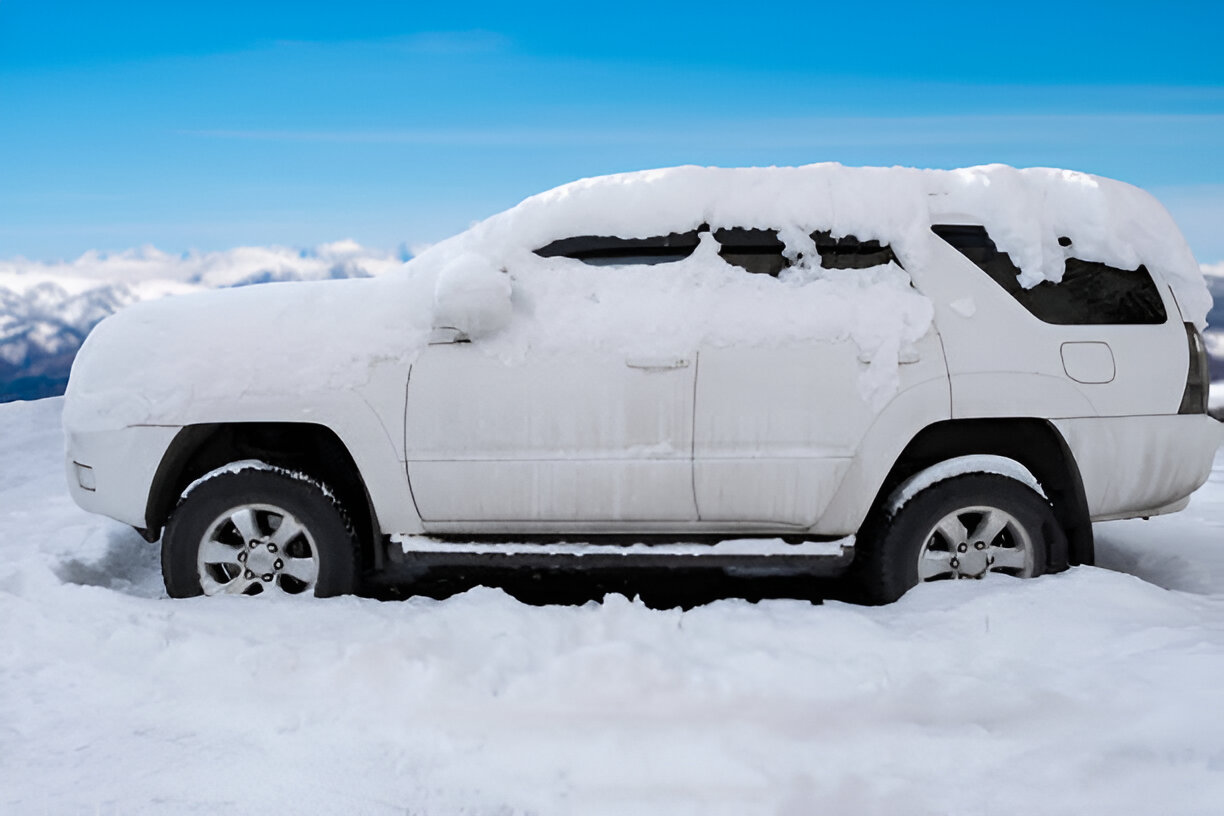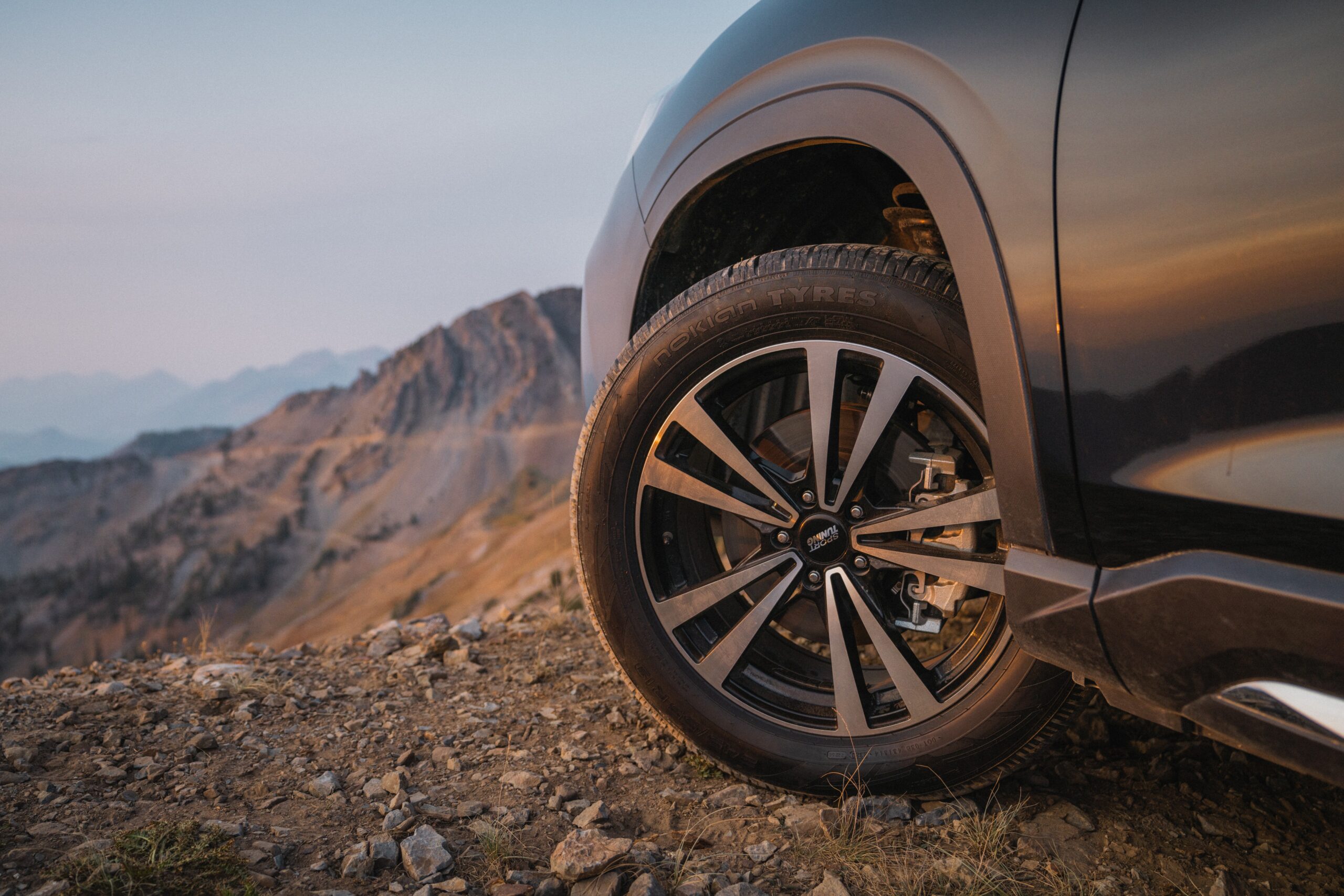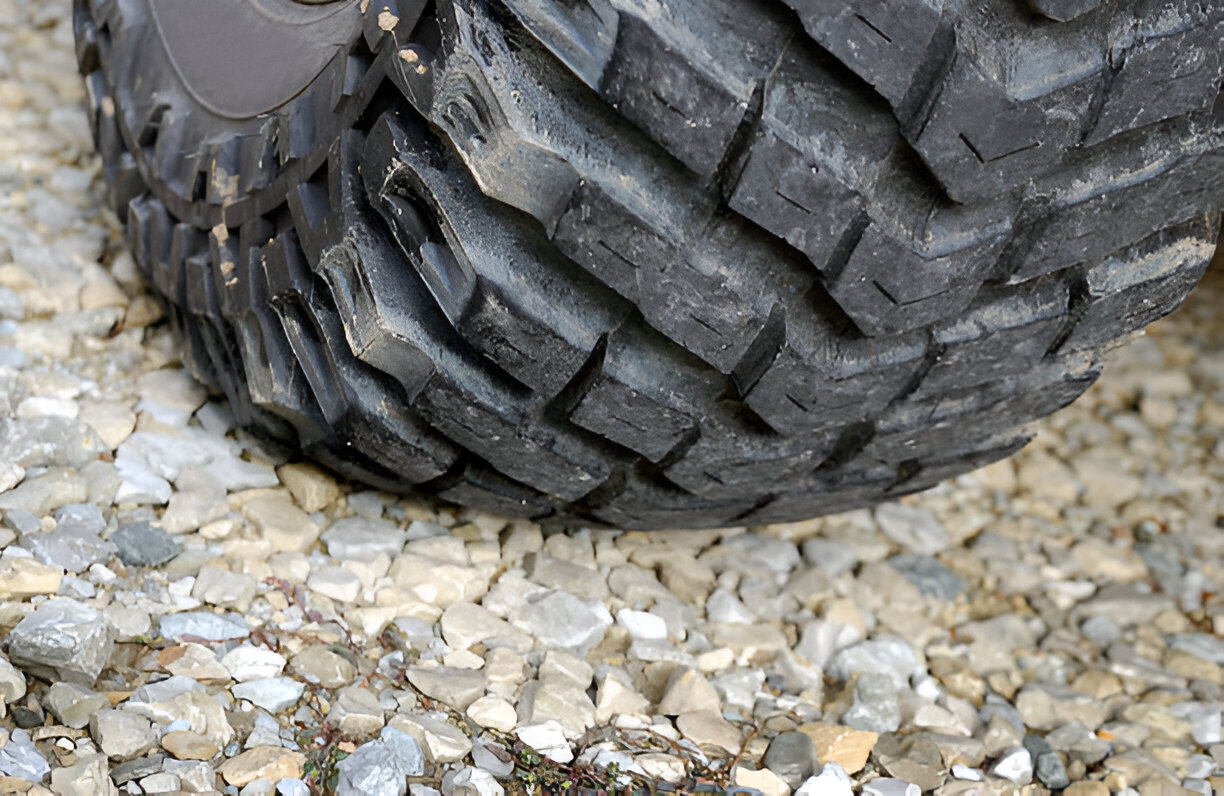Last Updated on July 19, 2025
Your Tire Selection Matters
When winter’s icy embrace takes hold, your choice of tires becomes critical in ensuring safe and confident driving. This comprehensive guide dives deep into the world of winter and all-season tires, providing you with the knowledge to make informed decisions for cold-weather driving.
Understanding Winter Tires
When conquering winter’s challenges, winter tires are your ultimate companions. Let’s dive deeper into the unique attributes that set them apart:
1. Cold-Weather Specialists: The Science Behind Their Performance
Winter tires are meticulously engineered to thrive in the harshest of winter conditions. At the heart of their exceptional performance lies the science of their rubber compounds.
- Friction in the Freezing Cold: Winter tires feature rubber compounds that remain pliable in sub-zero temperatures. This flexibility allows them to maintain their grip on icy and snow-covered roads. Understanding the science behind these specialized rubber blends sheds light on their remarkable cold-weather performance.
- Staying Soft When It Matters: Unlike all-season tires that tend to harden in the cold, winter tires remain soft and supple. This quality ensures they can conform to the irregularities of icy surfaces, providing the traction and control you need for safe winter driving.
2. Tread Patterns: The Art of Traction
Winter tires’ secret weapon against slippery roads lies in their intricate tread patterns. Let’s explore how these patterns are designed for the ultimate traction:
- Deeper Grooves and Sipes: Winter tire treads are characterized by deeper grooves and intricate sipes, those tiny slits in the tread blocks. These features work harmoniously to bite into snow and ice, providing the maximum traction necessary to navigate safely. We’ll explore the science behind these patterns and how they enhance your winter driving experience.
3. Studded or Studless: Weighing Your Options
The choice between studded and studless winter tires is a crucial one, and understanding their differences is key:
- Studded Tires: Studded winter tires come equipped with metal studs that protrude from the tire’s surface. These studs act like metal teeth, biting into icy roads remarkably. However, we’ll also explore the downsides, including potential road damage and regulatory restrictions in some areas.
- Studless Tires: Studless winter tires rely on advanced rubber compounds and intricate tread patterns for impressive traction. We’ll discuss the benefits of choosing studless tires, such as quieter and more versatile performance, while also considering their limitations.

4. Size Matters: Choosing the Right Fit
Selecting the correct tire size is a fundamental aspect of winter tire performance and safety:
- Vehicle Compatibility: We’ll examine how to determine the recommended tire size for your specific vehicle. Understanding this critical aspect ensures that your tires fit perfectly, optimizing performance and safety.
- The Impact of Size: Delve into how the wrong tire size can affect your vehicle’s handling, stability, and safety on winter roads. Learn how to avoid common size-related pitfalls.
Exploring All-Season Tires
All-season tires are a versatile, year-round solution for drivers who value convenience without sacrificing performance. Here’s a closer look at what you should know:
1. Year-Round Convenience: A Tire for Every Season
All-season tires are designed to perform reasonably well in various weather conditions. This makes them a practical choice for drivers who prefer the convenience of a single tire set:
- The Jack-of-All-Trades: Discover how all-season tires balance dry, wet, and mildly snowy conditions. We’ll explore how their design lets you keep them on your vehicle year-round, eliminating the need for seasonal tire swaps.
2. Balanced Performance: Navigating Different Terrains
While all-season tires may not specialize in extreme conditions, they offer a balanced performance that suits a wide range of scenarios:
- Dry Roads: Explore how all-season tires provide solid traction and handling on dry roads, ensuring a comfortable and controlled driving experience.
- Wet Roads: Understand their capabilities in wet conditions, where they excel at dispersing water to prevent hydroplaning and maintain grip.
- Mild snow: Learn how all-season tires can handle light snowfall and provide reasonable performance on lightly snow-covered roads. We’ll also explore their limitations in more severe winter conditions.

3. Michelin Pilot Alpin: An All-Season Contender
The Michelin Pilot Alpin series is a notable name in all-season tires. Dive into what makes these tires stand out:
- Balancing Act: Discover how the Michelin Pilot Alpin series balances year-round performance and safety. We’ll explore their unique features and benefits, helping you understand why they are respected among all-season tire options.
Overall, understanding the intricate details of winter and all-season tires empowers you to make informed decisions when choosing the right tires for your vehicle and driving needs. Whether you prioritize superior winter performance or year-round convenience, this knowledge ensures you select the optimal tires to safely and confidently conquer the roads.
Winter Tires vs. All-Season Tires: Making the Choice
Now that you have a deeper understanding of the distinctions between winter and all-season tires, let’s delve into the crucial process of making the right choice for your specific driving needs:
1. Climate and Conditions: Assessing Your Local Environment
When deciding between winter and all-season tires, the first and foremost consideration is your local climate and driving conditions. Take the following steps to evaluate the factors involved:
- Weather Patterns: Research the typical weather patterns in your region, especially during winter. Consider factors like temperature extremes, frequency of snowfall, and the likelihood of icy roads. Areas with severe winters, heavy snowfall, and prolonged periods of freezing temperatures often require dedicated winter tires. These tires are designed to excel in extreme cold and slippery conditions.
- Road Conditions: Evaluate the state of your local roads during winter. Are they well-maintained and promptly cleared of snow and ice, or do they often remain treacherous? Roads that tend to be snow-covered and slippery for extended periods are indicators that winter tires may be a wise choice.
- Driving Habits: Reflect on your typical driving habits during the winter. Do you frequently commute long distances, drive in hilly or mountainous terrain, or encounter challenging winter conditions? If so, winter tires can provide the enhanced traction and control necessary for these scenarios.
- Legal Requirements: Familiarize yourself with local regulations regarding tire use. Some regions have specific laws or restrictions regarding winter or studded tires during winter. Complying with these regulations is essential to avoid legal issues and ensure safety.
2. Prioritize Safety: Understanding the Importance of Winter Tires
Safety should always be your top priority when choosing between winter and all-season tires. Here’s why prioritizing safety is crucial:
- Enhanced Traction: Winter tires are engineered with specialized rubber compounds and tread patterns for cold-weather performance. Their deep treads and sipes provide superior grip on snow and ice, significantly improving your vehicle’s ability to accelerate, turn, and stop safely in winter.
- Improved Handling: Winter tires offer better handling and control when temperatures drop. They maintain flexibility in frigid temperatures, allowing for precise steering and responsiveness.
- Reduced Risk: Equipping your vehicle with winter tires reduces the risk of accidents and skidding on icy or snow-covered roads. The added safety they provide is invaluable, especially during winter storms and frosty mornings.
3. Consult the Experts: Seek Professional Guidance
Choosing the right tires can be complex, and seeking expert advice is wise. Tire professionals are well-versed in the nuances of tire selection and can provide invaluable insights to help you make an informed choice:
- Local Knowledge: Tire professionals are often familiar with the specific challenges of your local climate and road conditions. They can provide recommendations tailored to your region’s unique needs.
- Vehicle Compatibility: Tire experts can assess your vehicle’s specifications and recommend tire sizes and types that are compatible and optimal for your specific make and model.
- Driving Habits: By discussing your typical driving habits and needs, professionals can offer insights into the best tire options for your lifestyle, whether it’s daily commuting, occasional trips, or off-road adventures.
- Installation and Maintenance: Tire professionals can also assist with correctly installing and maintaining your chosen tires. Proper tire care is essential for safety and longevity.
Overall, the decision between winter and all-season tires should not be taken lightly. It involves a thorough assessment of your local climate, road conditions, safety priorities, and the guidance of tire experts. By considering these factors and seeking professional advice, you can make an informed choice that ensures your safety and confidence on the road, no matter the season.

Final Words
In conclusion, your choice between winter and all-season tires depends on various factors, including your local climate, driving needs, and safety priorities. Understanding the differences and considering these factors will help you make an informed decision, ensuring you confidently conquer the roads, regardless of the season.
FAQs
Are Winter Tires Better in Snow Than All-Season?
Yes, winter tires outperform all-season tires in snow and icy conditions due to their specialized design for cold weather.
Do Winter Snow Tires Make a Difference?
Winter tires provide enhanced traction and safety in winter conditions, making them a valuable investment.
Can I Use Snow Tires All Year Round?
While possible, it’s not recommended, as winter tires may wear quickly on warm pavement.
Are Winter Tires OK in Summer?
Winter tires are unsuitable for summer use, as their rubber compound can degrade quickly in warmer temperatures, impacting performance.
-
Automotive Specialist
-
Proofreader
-
Writer










